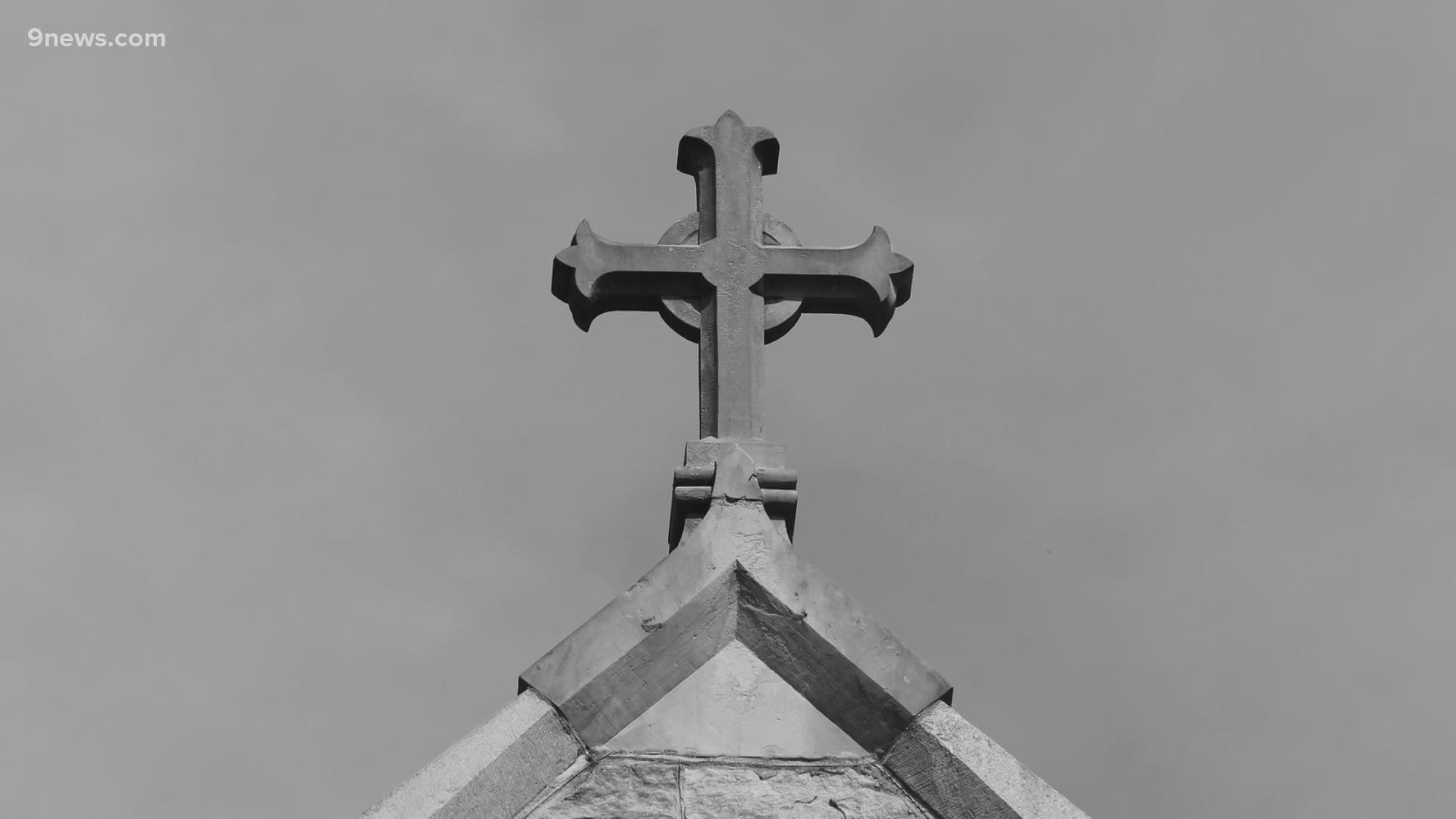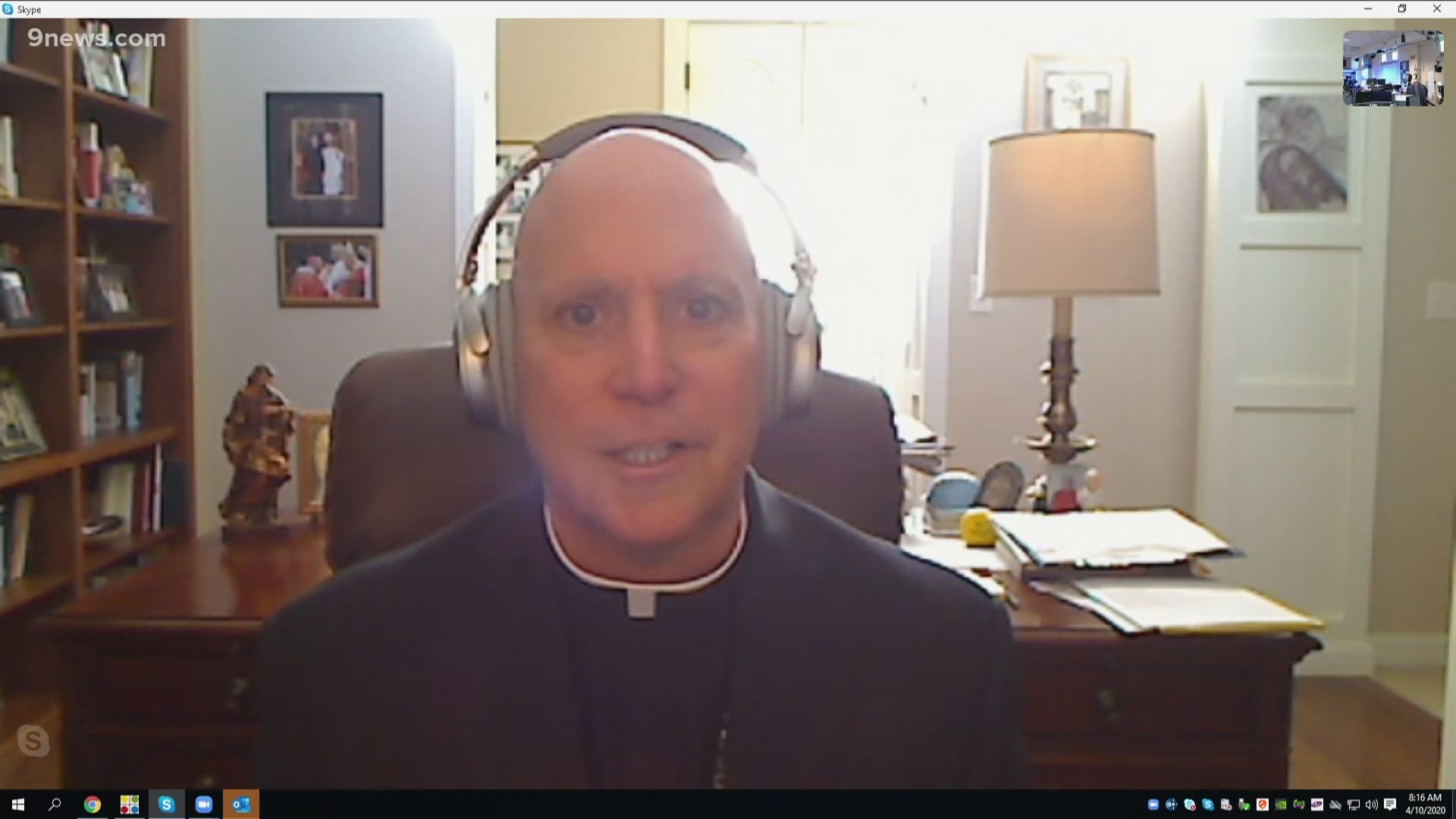DENVER — This week, Christians and Jews around the world are celebrating Easter and Passover. But thanks to COVID-19, faith leaders had to get creative in order to preserve some of the traditions.
During Passover, many Jewish families that couldn’t gather in person joined each other for a “virtual” Seder meal, instead.
“In the Seder meal we ask the question, ‘Why is this night different from all other nights?’” explained Rabbi Joseph Black, of Temple Emmanuel in Denver. “And this year we're asking the question, ‘Why is this Seder different from all other Seders?’ It’s radically different. And yet, even though physically and proximity-wise it's different, the message of Passover – liberation, family, tradition – remains just as strong, if not stronger, than ever.”
Rabbi Black, like other faith leaders, has live-streamed services online or connected with people through virtual meetings or social media.
In the Christian faith, church leaders have used similar virtual solutions.
Catholics in Denver can watch Holy Week services through live-streaming options, too.
“It certainly is very different from other years. It is primarily virtual and seeing and celebrating the sacraments in an empty cathedral is very strange,” said Archbishop Samuel Aquila. “But we know we are joined with Christ and joined spiritually with one another.”
Jenny Shultz-Thomas is the Senior Pastor at First Plymouth Congregational Church in Englewood. Her church was already providing members a way to participate in services online before the pandemic, and they are continuing to build upon those options now.
Shultz-Thomas said they can get hundreds of people on one “Zoom” meeting, and reach members through social media pages.
But she said face-to-face time is important.
“I think this year has been so difficult for clergy friends and staff who are so dependent on the community and energy and love of celebrating together,” she said. “But it has also been this deep renewing of faith. We are connected and belong to each other more in our spirits than in our physical presence.”
Despite the ongoing separation, faith keeps many communities connected.
“When everything around us is changing we need something stable, something we depend on,” Shultz-Thomas said. “And number one, that’s faith -- hopefully intrinsic for people who are worshiping in churches or synagogues or even a faith that’s outside a formal religious institution.”
SUGGESTED VIDEOS | Coronavirus stories from 9NEWS


